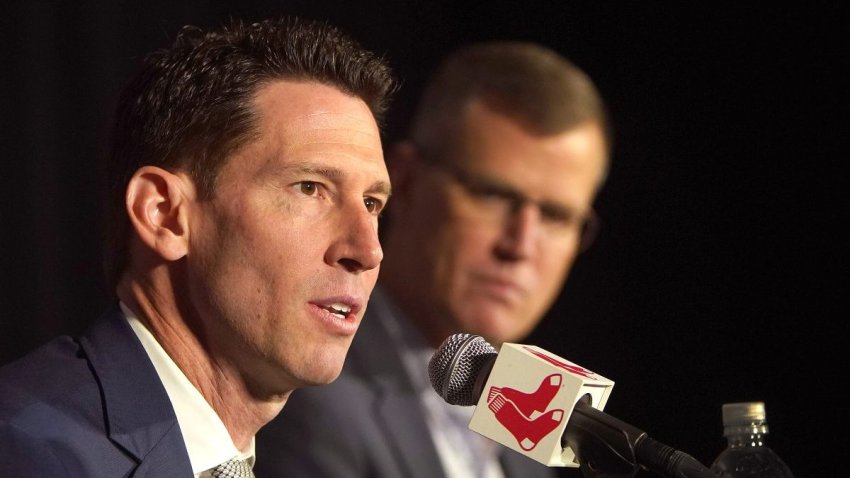
Boaters honored for saving 3 kids from river in Gloucester
A group of people were honored for their part in saving the lives of three children they pulled from the water last month in Gloucester, Massachusetts.

A group of people were honored for their part in saving the lives of three children they pulled from the water last month in Gloucester, Massachusetts.

The Red Sox promoted D’Angelo Ortiz, the son of Hall of Famer David Ortiz, to Low-A Salem on Wednesday.

Tom E. Curran and Phil Perry discuss what they saw from Patriots rookie wide receiver Kyle Williams on Day 1 of training camp.

Police say they’ve caught a person connected to the theft of over $100,000 in rare Pokémon cards from a Massachusetts collectibles store.

The City of Boston will start issuing code enforcement fines directly to Republic Services for garbage left uncollected amid the ongoing trash collection worker strike, Mayor Michelle Wu said in a letter on Wednesday.

Hundreds of attorneys stopped taking new court-appointed cases in May to protest their pay rates, which they say are far lower than neighboring states

Phil Perry spotlights the Patriots players who shined and those who struggled Wednesday on Day 1 of training camp.

Drake Maye set the tone both on the field and at the podium during Day 1 of Patriots training camp, writes Phil Perry.

A Natick man says Iberia Airlines downgraded his seats, then denied the claim for the $700 difference multiple times.

The workers, represented by UNITE HERE Local 26, said that they are paid less at Fenway than at other locations serviced by Aramark, including Boston University and other stadiums across the country.

Police shut down a street in Worcester, Massachusetts, Wednesday to investigate a potential threat involving weapons posted on social media, officials said.

According to ESPN’s Jeff Passan, Craig Breslow and the Red Sox are currently “not inclined” to make any major trade deadline moves.

Eastern equine encephalitis, or EEE, has been detected in mosquitoes in Massachusetts for the first time this season, state health officials say.

A man has died after he was found unconscious in the water at the Fairhaven Boat Launch on Tuesday, authorities say.